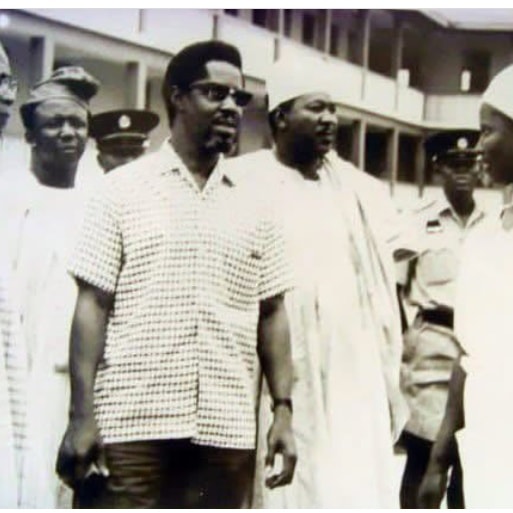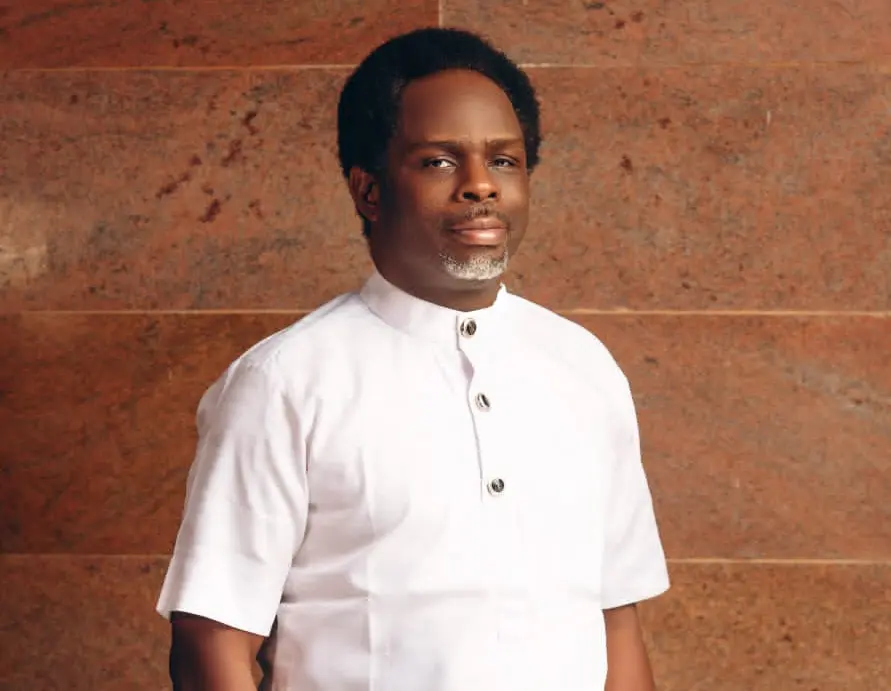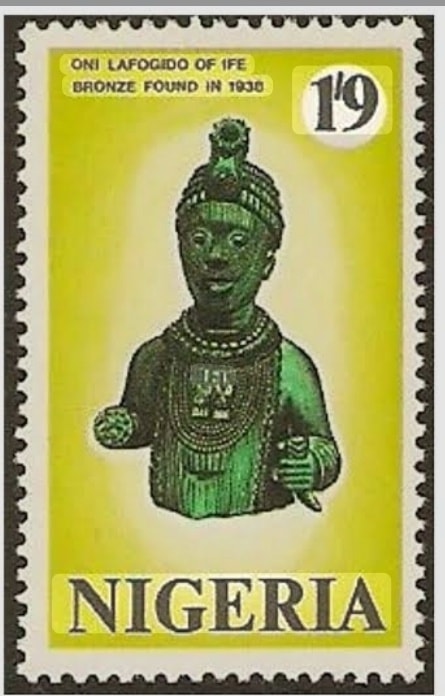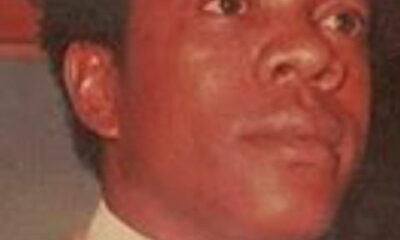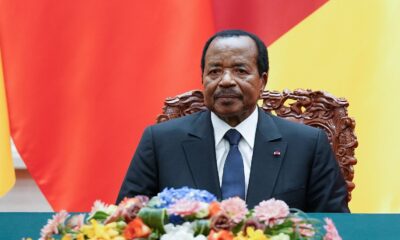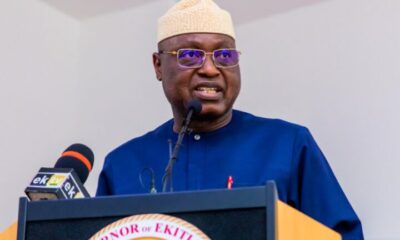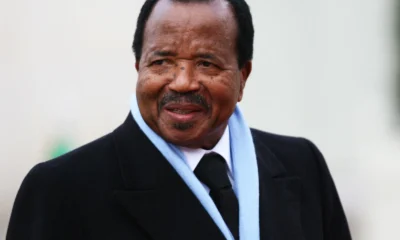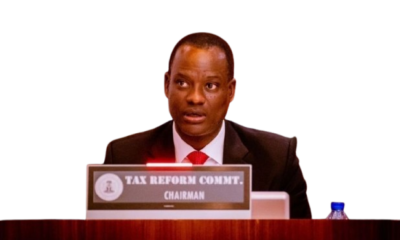Early Life & Education
Bello was born on 18 June 1975 in Okene (in what is now Kogi State), Nigeria.
He is from the Ebira ethnic group and was the youngest of six children.
For schooling:
Primary education: at LGEA Primary School, Agassa, Okene LGA starting circa 1984.
Secondary education: attended Agassa Community Secondary School, Anyava, Agassa-Okene; later completed SSCE at Government Secondary School, Suleja, Niger State (1994).
Tertiary education:
He studied Accountancy at Ahmadu Bello University (ABU) Zaria, graduating in 1999.
He holds an MBA (from the same institution, around 2002/2004).
He became a chartered fellow of the Association of National Accountants of Nigeria (ANAN) in 2004.
Political Career
Bello is a member of the All Progressives Congress (APC).
He became Governor of Kogi State on 27 January 2016, succeeding Idris Wada.
He won a second term in the November 2019 gubernatorial election.
His tenure ended on 27 January 2024, when he handed over to Usman Ododo.
During his time in office, he was noted as being the youngest governor in Nigeria.
Major Achievements & Initiatives
Education
Under his administration, the Kogi State Government developed the State Education Strategic Plan (SESP) 2021-2030 and an operational plan (SESOP) 2021-2027.
The state allocated 30 % of its budget to education in a fiscal year (from 2021), exceeding UNESCO’s recommended benchmark of 26 %.
The administration recruited nearly 3,979 teachers in February 2023 from a large applicant pool.
Other efforts included training school managers, improving infrastructure, curriculum delivery improvements.
Health & Social Interventions
He launched the “Bello Health Intervention” programme: supplied consumables and essential medical equipment, expanded solar-powered cold rooms for vaccine storage.
Undertook renovation/construction of zonal hospitals in Kabba, Idah, Okene; a cottage hospital in Kpakere; upgraded the College of Nursing & Midwifery in Obangede.
His government distributed over 2.5 million free LLIN (long-lasting insecticidal nets) in collaboration with USAID and PMI.
Security & Governance
Bello’s tenure was touted for improved security within Kogi State, leading to awards such as “Torch bearer of Security” from the Nigerian Union of Journalists and “Icon on Security” from the Association of Nigerians in Diaspora.
Reports say he commissioned a Nigeria Navy Ship Lugard and Navy Barracks, as part of upgrading security presence.
Inclusion & Youth Engagement
His administration reportedly exceeded the 35 % affirmative action threshold for gender equity and youth inclusiveness in government appointments.
Commended by the Kogi State Government on his 50th birthday for bringing youth and women into governance and giving them “a seat at the table”.
Controversies & Legal Issues
In April 2024, the Economic and Financial Crimes Commission (EFCC) declared Bello wanted in connection with alleged money-laundering of ₦80.246 billion.
He was subsequently arraigned on 19-count charges including conspiracy, money-laundering, and criminal breach of trust.
On 25 September 2024, fresh charges were filed against him involving ₦110.4 billion and allegations of property acquisitions in Abuja and Dubai using state funds.
On 20 August 2024 the Court of Appeal ordered him to present himself for arraignment.
Asset seizure orders have been upheld, including foreign properties.
His residential property in Abuja was subject to an EFCC raid in April 2024.
Legacy & Public Perception
On 30 January 2024, upon leaving office, he returned to Okene to a large, jubilant crowd who celebrated his eight-year tenure.
Supporters highlight his youthfulness, proactive governance, and infrastructural investments. For instance, in a tribute for his 50th birthday the Kogi Government described him as a “generational leader” and “symbol of courage”.
Critics point to the corruption allegations, questioning the sustainability of his achievements and the integrity of his administration.
On the political front, his early ascendancy (in his 40s) is seen as a signal to younger Nigerian politicians — emphasizing youth inclusion and fast-tracked leadership roles.
Personal Life & Other Notes
He is sometimes referred to by the nickname “White Lion”.
Bello reportedly enjoys sports and fitness, especially boxing.
On his birthday (18 June 2025) he turned 50; the state and his party released tributes acknowledging his service.
Summary
Yahaya Bello is a prominent Nigerian politician whose rise to become the youngest governor in Nigeria underscored a generational shift. During his eight-year tenure in Kogi State he pursued major reforms in education, health, security, and inclusion. However, his legacy is clouded by significant corruption allegations and legal battles. His impact on Kogi is still debated: while many praise the infrastructure and systems he put in place, the allegations against him raise questions about accountability and governance.
FOLLOW US ON:
FACEBOOK
TWITTER
PINTEREST
TIKTOK
YOUTUBE
LINKEDIN
TUMBLR
INSTAGRAM

 Lifestyle22 hours ago
Lifestyle22 hours ago
 News22 hours ago
News22 hours ago
 Politics17 hours ago
Politics17 hours ago
 Politics17 hours ago
Politics17 hours ago
 Lifestyle17 hours ago
Lifestyle17 hours ago
 Sports17 hours ago
Sports17 hours ago
 Politics17 hours ago
Politics17 hours ago
 Business17 hours ago
Business17 hours ago
